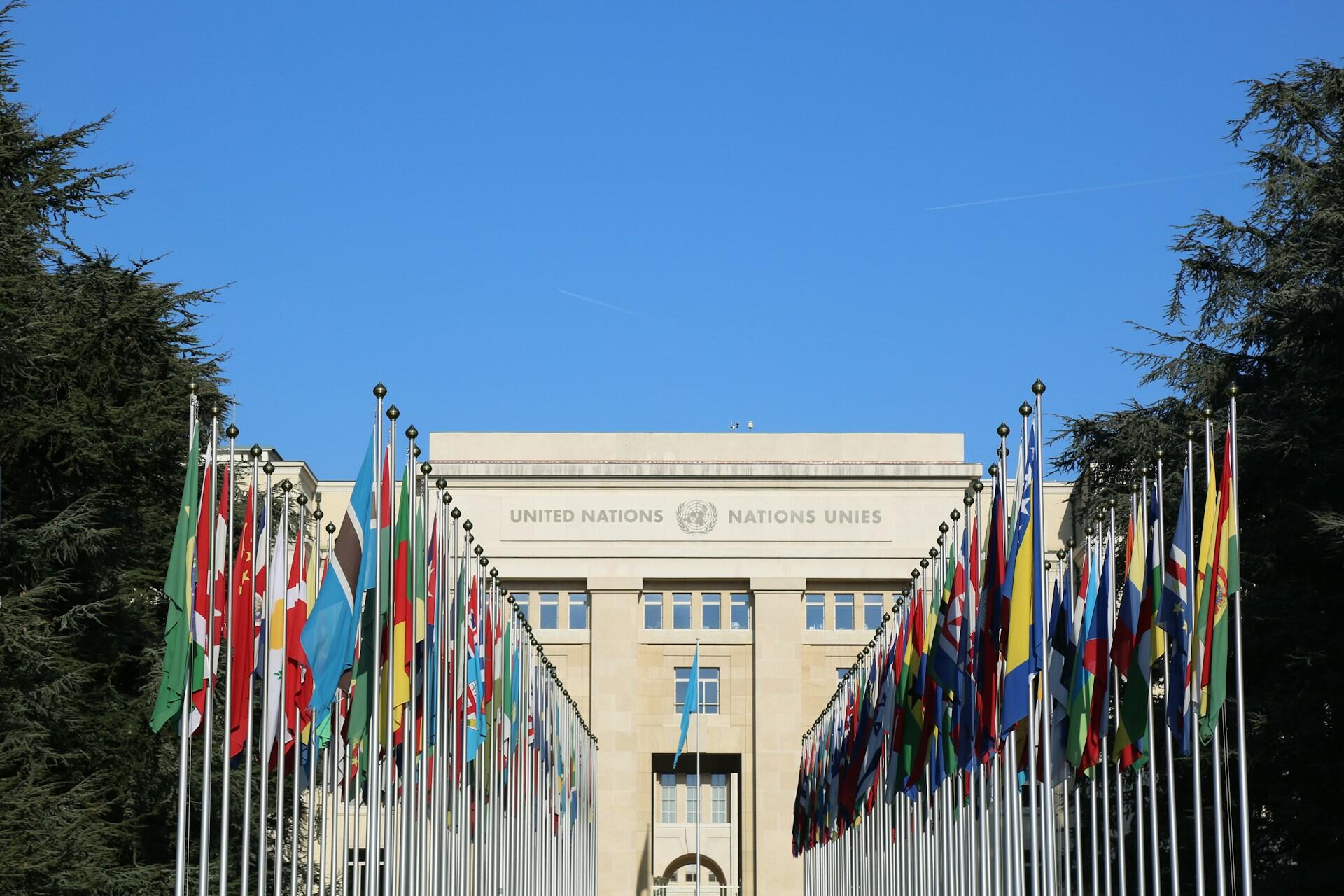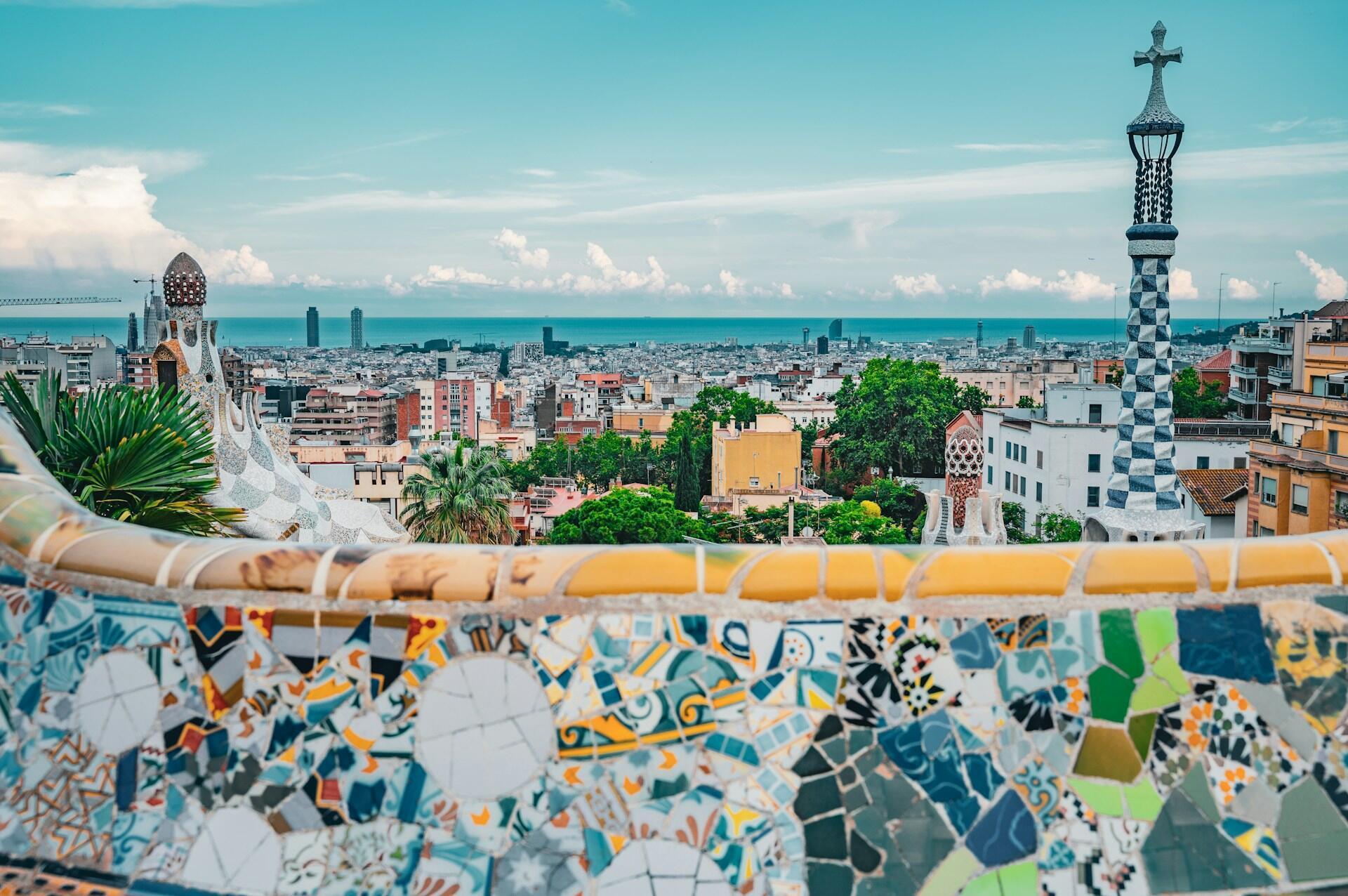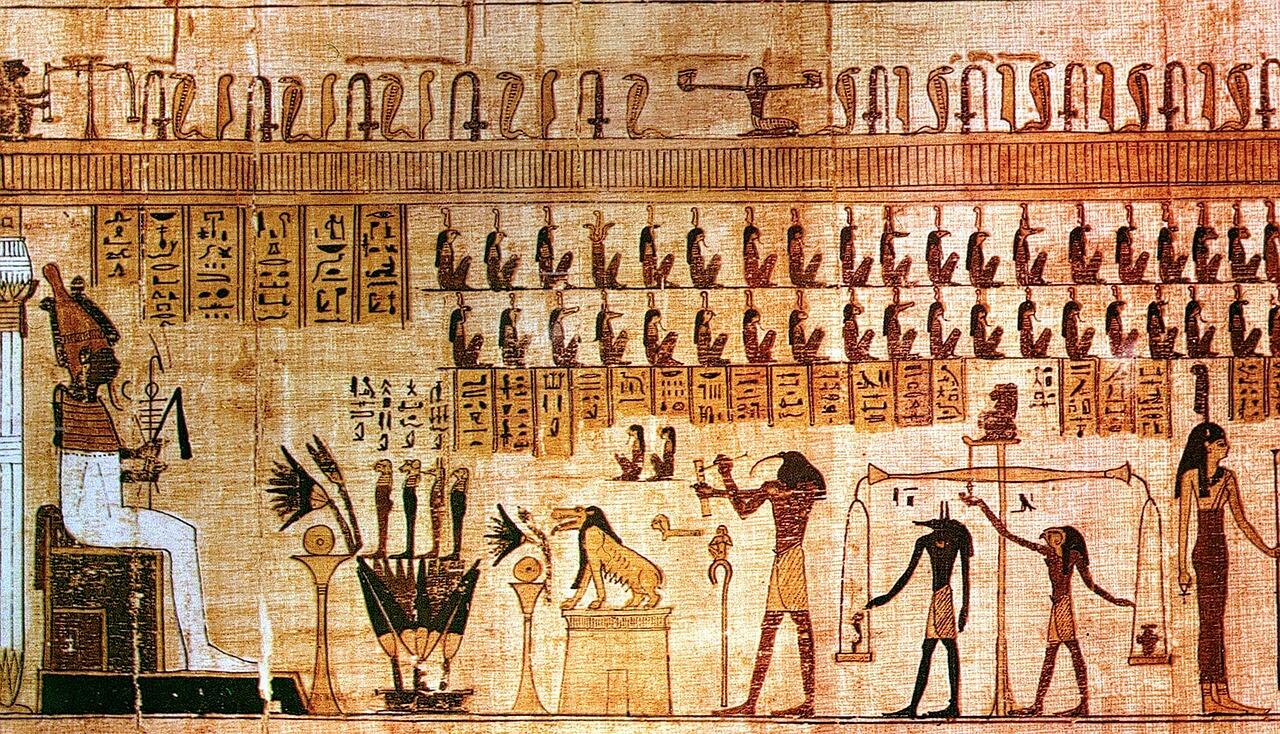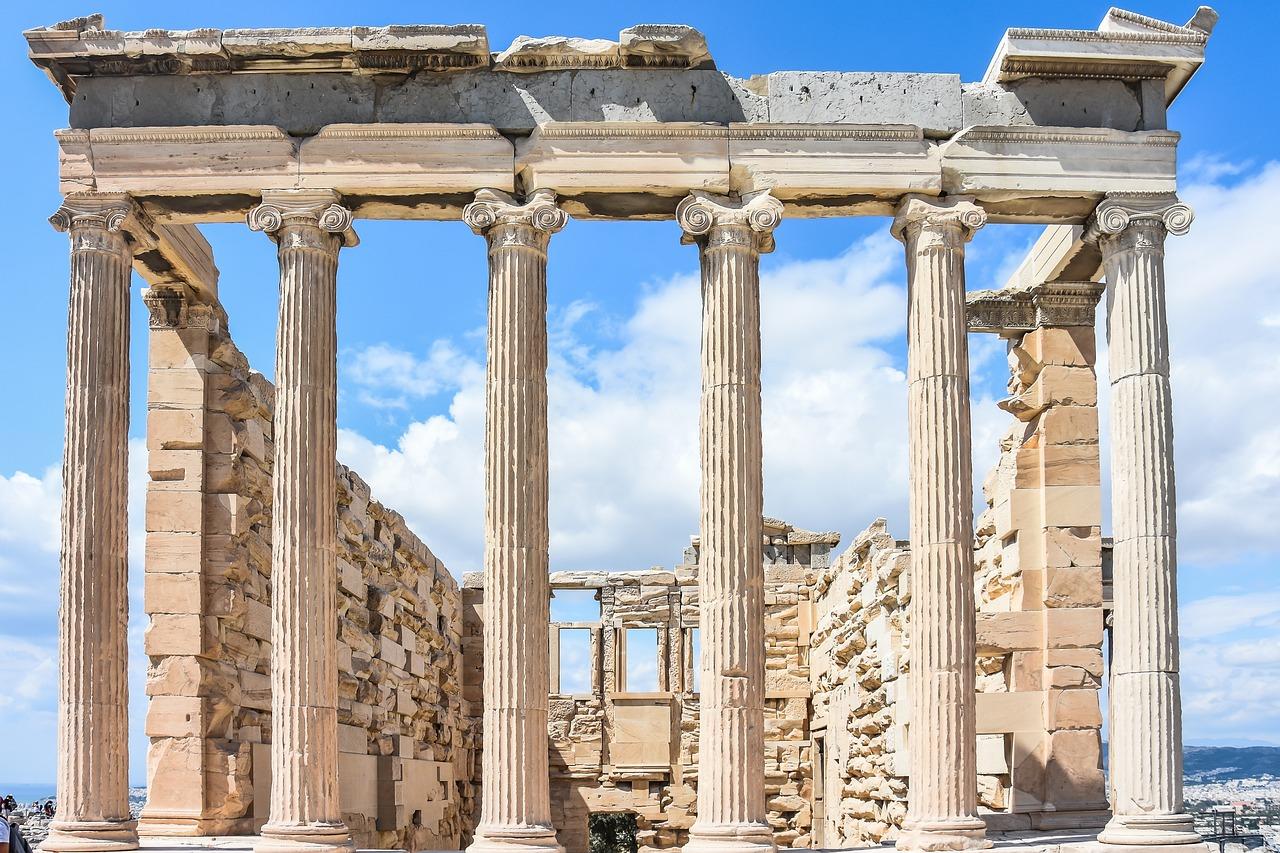On October 24, 2025, the United Nations will celebrate its 80th anniversary – the perfect occasion to take a closer look at one of the world’s most recognised international organisations.
You’ve probably heard of the UN, whether in the news about peace talks, climate conferences, aid programs, or human rights initiatives. Its structures, missions, and objectives form a complex system that plays a vital role around the world.
How much do you really know about the UN? Take our quiz—and get a quick refresher on the UN, its tasks, structures and goals.
Quiz
Quiz :
What Is The United Nations?
The United Nations, abbreviated to UN (United Nations) or UNO (United Nations Organisation), is an association of almost all the world's nations. Its overarching goal is to ensure peace, promote international cooperation, and solve global problems jointly. It was founded on October 24, 1945, immediately after the end of World War II.
The name "United Nations" originates from a proposal by US President Franklin D. Roosevelt. Even during the war, the Allies utilised it as part of their coalition against the Axis powers.
Today, 193 member states belong to the organisation, which is headquartered in New York. Other important offices are located in Geneva, Vienna, and Nairobi. The UN's motto is "United for Peace."
Tasks and Goals of The UN
The UN has a very broad range of tasks. At its core, it's always about preventing conflict and improving the lives of people around the world.
Whether it's climate protection, human rights, development aid, health issues, or humanitarian aid in disasters, the United Nations is active in countless areas. If you've ever heard of international climate conferences, read reports on refugee aid, or followed WHO recommendations for combating global diseases, the UN is almost always directly or indirectly involved.
| Area | Short description | Example |
|---|---|---|
| Peace & Security | Resolve conflicts peacefully, send peace missions. | The Blue Helmets are soldiers from various countries who go to crisis areas under UN mandate to monitor ceasefires and protect civilians. |
| Protect human rights | Monitoring and promoting fundamental rights. | Special Reporters investigate human rights situations and report to the UN Human Rights Council to publicize abuses and initiate reforms. |
| Promote development | Help for poorer countries, strengthening education and health. | The WHO coordinates international health issues – from vaccination programs to pandemic management – and supports countries in building robust health systems. |
| Humanitarian aid | Support after natural disasters and in crisis areas. | The World Food Programme distributes food in regions affected by drought or conflict and organizes emergency logistics. |
| International cooperation | Bring states to the table and establish common rules. | Climate conferences under the UNFCCC framework bring countries together to negotiate common goals and standards for climate protection. |
Structures and Organisation of the UN
The United Nations has a complex structure based on six principal organs. Each of these organs has a clearly defined mission and contributes to the functioning of the organisation as a whole—from the discussion of general issues and the maintenance of peace to jurisdiction and administration.
- General Assembly
- A forum in which all 193 member states are represented
- Every country has a voice – regardless of size or power
- Discusses and adopts recommendations that are non-binding but politically significant
- Security Council
- Responsible for peace and international security
- 15 members: 5 permanent members with veto power (USA, Russia, China, France, Great Britain) and 10 elected temporary members
- Can adopt binding resolutions, such as sanctions or peacekeeping missions
- Economic and Social Council (ECOSOC)
- Coordinates economic, social and humanitarian work
- Link between the UN and numerous specialised agencies, such as the WHO or UNESCO
- Promotes cooperation on development, human rights and international standards
- Trusteeship Council (suspended)
- Originally responsible for the administration of trust territories after the Second World War
- Objective: To promote self-government and independence of the affected areas
- Today largely inactive since the last trust territory became independent in 1994
- International Court of Justice (ICJ)
- Supreme judicial organ of the UN based in The Hague
- 15 judges elected by the General Assembly and the Security Council
- Decides on disputes between states and issues legal opinions
- Secretariat
- Conducts the ongoing work of the UN and supports the other organs
- Organisationally subordinate to the Secretary General, who heads the administration
- Responsible for studies, reports, conferences and daily coordination of the UN
UN sub-organisations and programs
In addition to the six main organs, the UN has a multitude of specialised agencies, programs, and funds that specialise in specific topics. They are closely integrated with the work of the UN but are often legally independent.
The Children's Fund is committed to the rights and well-being of children worldwide. It organises relief efforts in crisis areas, provides children with food, clean water, and vaccinations, and fights for educational opportunities for all.
UN Refugee Agency
The UN Refugee Agency supports millions of people who have fled war, persecution, or natural disasters. It provides shelter, organises protection measures, and helps refugees make a new start in a safe environment.
Education, Science, and Culture
UNESCO promotes access to education worldwide, protects cultural heritage, and advocates for the free exchange of knowledge. It is particularly well known for its list of UNESCO World Heritage sites.
World Health Organisation
The WHO coordinates international health efforts. It plays a key role in combating pandemics, developing vaccination programs, and supporting countries in building functioning health systems.
World Food Programme
The World Food Programme is the largest humanitarian agency fighting hunger. It distributes food in crisis areas and received the 2020 Nobel Peace Prize for its work.
United Nations Development Programme
(UNDP) supports countries in reducing poverty, promoting sustainable development, and building stable institutions. A key focus is on the 17 Sustainable Development Goals (SDGs).
There are also numerous other sub-organisations, such as the International Labour Organisation (ILO) or the International Atomic Energy Agency (IAEA), each of which covers its own subject areas.
How the UN Shapes Our World
Whether it's climate protection, global security, or disaster relief, the United Nations is relevant to our everyday lives. Its work influences health, the environment, human rights, and international cooperation.
👉 Now it's your turn: Test your knowledge with our quiz celebrating the United Nations' 80th anniversary. You'll find out whether you're a UN newbie, a curious global citizen, or a diplomacy pro.
Summarise with AI:


















